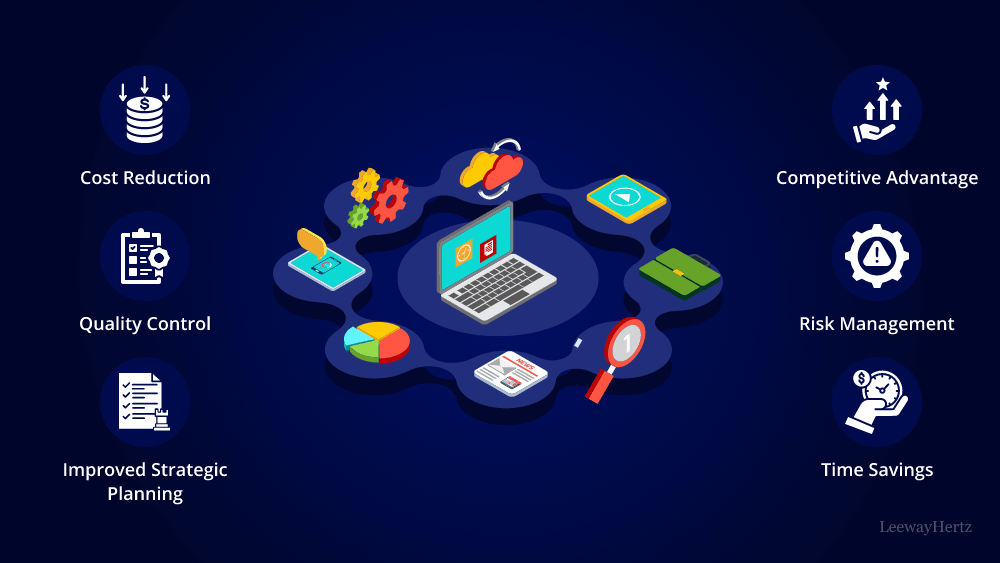Artificial Intelligence (AI) is rapidly transforming industries across the globe, offering unprecedented opportunities for innovation, efficiency, and growth. To stay competitive in this era of technological disruption, businesses must understand and adapt to the rapidly evolving AI landscape. This comprehensive guide will explore key strategies for businesses to navigate the AI revolution.

Understanding the AI Landscape
- AI Basics: Grasp fundamental AI concepts, including machine learning, deep learning, and natural language processing.
- AI Applications: Identify potential applications of AI within your business, from customer service to product development.
- AI Maturity: Assess your organization’s current level of AI adoption and identify areas for improvement.
Building an AI Foundation
- Data Strategy: Ensure you have access to high-quality, relevant data. Develop a robust data strategy to collect, clean, and store data effectively.
- Talent Acquisition: Invest in AI talent by hiring skilled data scientists, machine learning engineers, and AI experts.
- AI Infrastructure: Build or acquire the necessary infrastructure, including hardware and software, to support AI initiatives.
Developing and Implementing AI Solutions
- Problem Identification: Clearly define the business problems you want to solve with AI.
- Solution Development: Develop AI models and algorithms tailored to your specific needs.
- Pilot Projects: Conduct pilot projects to test the feasibility and effectiveness of your AI solutions.
- Scalability: Ensure your AI solutions can scale to meet future growth and demand.
Ethical Considerations in AI
- Bias: Address potential biases in AI algorithms to ensure fairness and equity.
- Transparency: Be transparent about your use of AI and its impact on customers.
- Privacy: Protect customer data and comply with relevant privacy regulations.
Overcoming Challenges
- Data Quality: Ensure data accuracy and completeness to avoid biased or inaccurate AI outputs.
- Talent Shortage: Address the shortage of AI talent by investing in training and development programs.
- Cost: Consider the costs associated with AI development, implementation, and maintenance.
- Ethical Dilemmas: Navigate ethical challenges related to AI, such as bias and job displacement.
Case Studies
- Netflix: Netflix uses AI to personalize recommendations and optimize content production.
- Amazon: Amazon leverages AI for product recommendations, supply chain management, and customer service.
- Healthcare: AI is being used to diagnose diseases, develop new treatments, and improve patient outcomes.
Future Trends in AI
- Generative AI: AI models capable of creating human-quality text, images, and code.
- AI-powered personalization: More personalized experiences across all digital channels.
- AI-driven decision-making: Increased reliance on AI for strategic decision-making.
- Ethical AI: Growing emphasis on developing AI that is fair, transparent, and accountable.
By understanding the AI landscape, building a strong foundation, and addressing key challenges, businesses can effectively leverage AI to drive innovation, improve efficiency, and gain a competitive advantage.




Leave a Reply